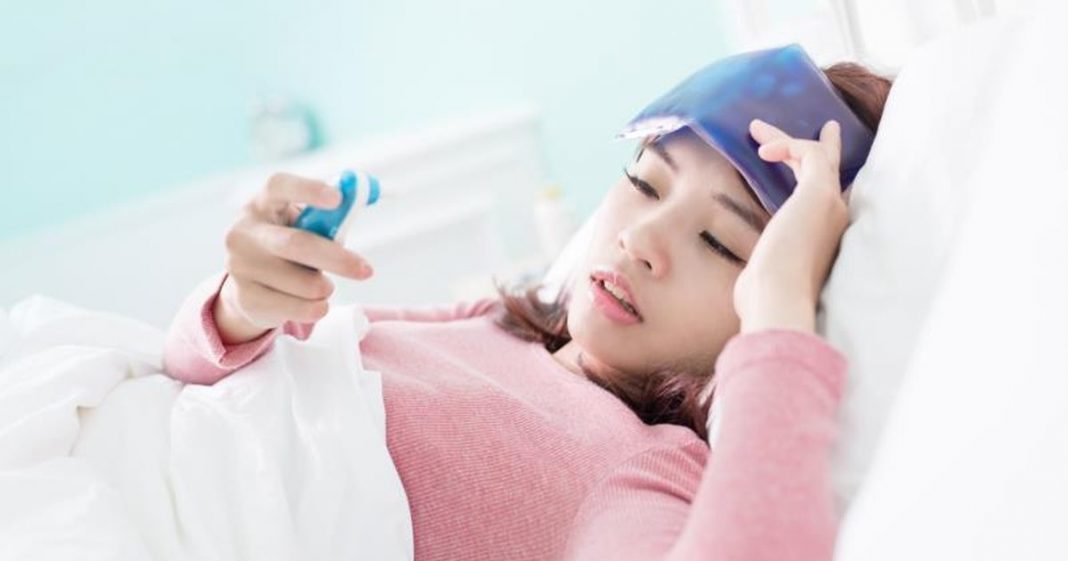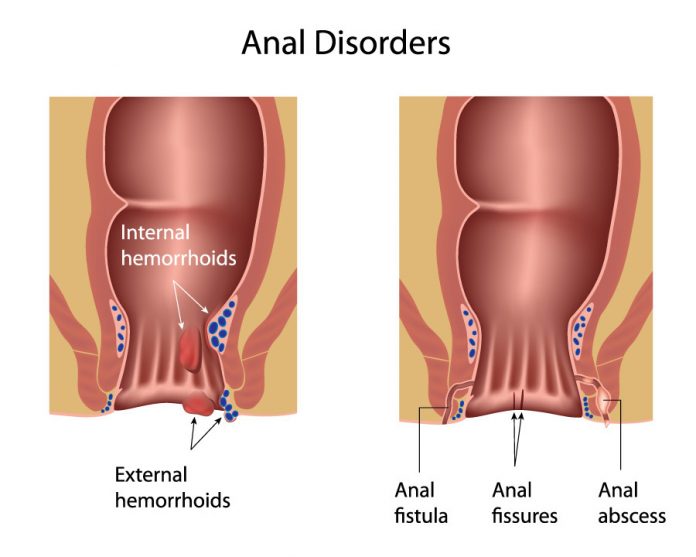The anus is opening through which feces are expelled. Just inside the anus, there are a number of small glands. An infection in any of these glands results in the formation of an abscess that is usually treated by surgical drainage, although some burst out spontaneously. About half of these abscesses may develop into a fistula. A fistula is an abnormal tract extending from the anal canal or rectum to peri-anal skin.
Causes
Most fistulas result from an anal abscess. A small number of fistulas may be caused by other Crohn’s disease, sexually transmitted diseases, trauma, tuberculosis, cancer, radiotherapy or diverticulitis.
Symptoms
The following may be symptoms or signs of an anal fistula:
-Recurrent anal abscesses or perianal discharge of pus
-Pain and swelling around the anus
-Pain during bowel movements
-Bleeding from the fistula
-Irritation / itching of the skin around the anus due to persistent drainage
-Fever, chills, and a general feeling of fatigue.

Your physician can usually diagnose an anal fistula by examining the area around the anus. The aim is to identify external opening, internal opening and palpate any secondary tracts. There may be an associated abscess felt as an area of induration during finger examination of the anal canal.
Your physician may need to perform anoscopy (inspection of anal canal), sigmoidoscopy (inspection of sigmoid colon and rectum) in case the internal opening is high. Some cases with suspected Crohn’s disease may require colonoscopy.
To better define the fistula tract, imaging like CT (Computed tomography) scanning, Endorectal ultrasound or MRI (Magnetic resonance imaging) are performed.
Treatment Options
Surgery is usually performed by a general surgeon though in very complicated cases, a colon and rectal surgeon’s opinion may be taken.
Fistula surgery is generally done on an outpatient basis though in complicated cases a short hospital stay may be required.
Follow-up treatment
After surgery, stool softeners and daily warm hip baths are advised. Follow up is usually advised to monitor the healing process.

Dr. Uday Singh Dadhwal
(Specialist General Surgery)
Bahrain Specialist Hospital
Email: uday.dadhwal@bsh.com.bh

